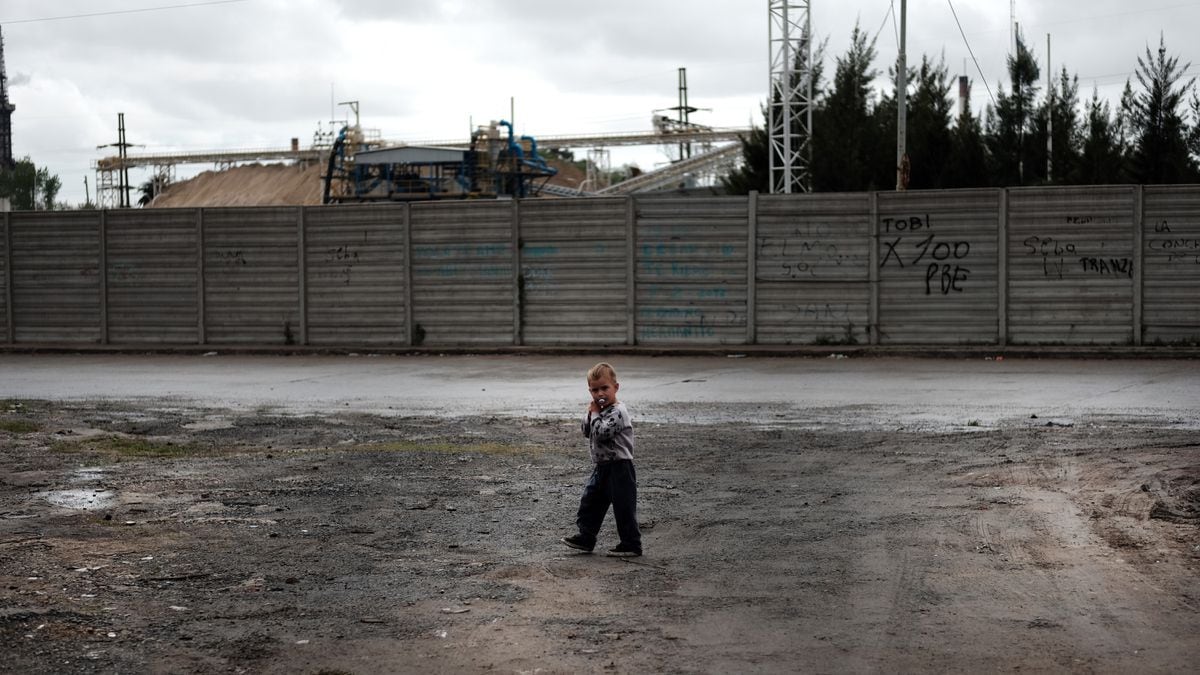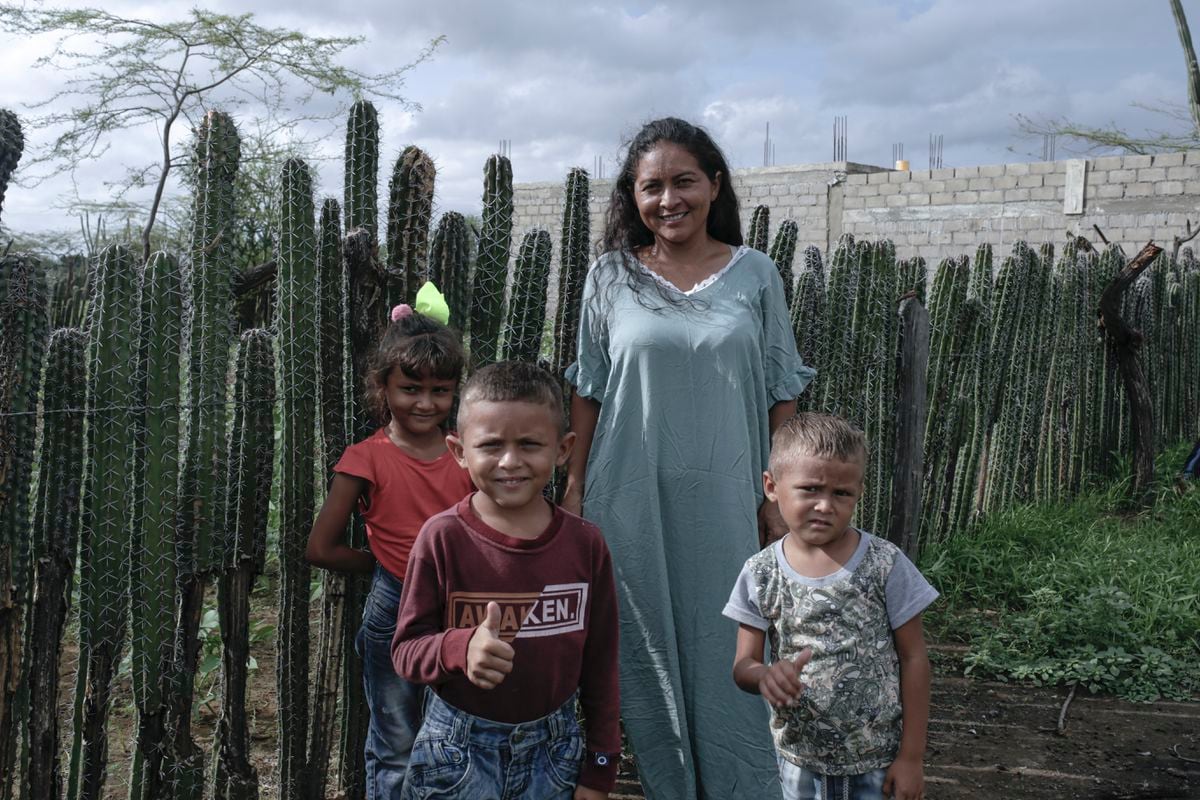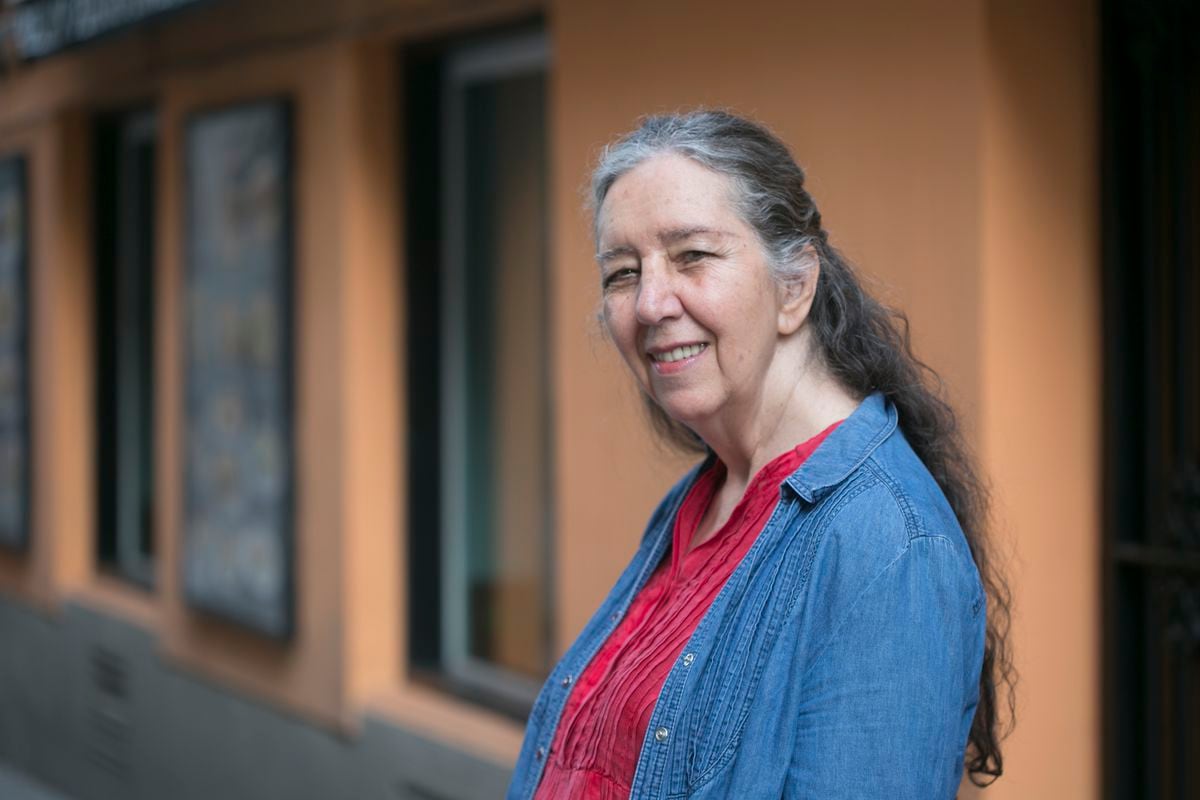If we think of hunger, perhaps the image that comes to mind is similar to what I see these days in Somalia.
Drought, dead cattle and empty pans.
A country on the brink of famine.
I am writing from a village in the Burao region of Somaliland, where every day its inhabitants, like the rest of the country, look at the sky hoping for rain that never comes.
Every person we spoke to tells us the same thing: “We've been like this for five consecutive seasons.
Nothing, not a drop of water."
The situation is repeated in this country, which already experienced critical situations in 1992, 2011 and 2017. However, internal conflicts, insecurity, the greatest drought in the last 40 years, the macroeconomic crises derived from the pandemic and the problems for importing grain from Ukraine have brought the population into an untenable situation.
On a long journey through roads and paths to get here, we have been able to see many dead animals, mainly camels that their owners have not been able to feed.
As Sadia Allin, director of Plan International in Somalia, explains to me, “for a Somali herder, losing a camel is more than a drama, it is losing the soul”, and more than half of the country's population have lost three-quarters of them. parts of his cattle.
But there is something invisible in this crisis.
On few occasions we think about drought and hunger and we understand that girls and adolescents are the first to suffer their impact.
In 2021, 126.3 million women were food insecure around the world.
The data fails to explain this reality.
Hunger has the face of a girl and a woman
The causes and consequences of food insecurity are closely linked to structural gender inequality, as highlighted in the new Plan International report, “Beyond hunger, gender impacts of the food crisis”.
To prepare it, we have surveyed 7,158 people in Kenya, Somalia, Ethiopia, South Sudan, Mali, Niger, Burkina Faso and Haiti, the countries with the most critical situation, and we have been able to collect testimonies that tell us that hunger is much more beyond the lack of food, especially for girls and adolescents.
On this trip I have been able to see how gender, age or disability determine the survival strategies adopted by families, who, faced with a desperate situation, have to make decisions that increase the risk of gender violence, child marriage, genital mutilation female, sexual exploitation and school dropout.
Gender norms are sentences for girls and adolescents in a crisis situation.
The one that forces you to drop out of school because your education always mattered less.
The one that sentences your marriage while you are still a child.
The one that requires you to take care of the tasks of collecting water, firewood or food, between 15 and 25 km a day, at night, walking alone or with others, because you feel safer, and exposed to all kinds of attacks.
Gender norms are sentences for girls and adolescents in a crisis situation
In the eight countries analyzed it is clear that discriminatory social norms also mean that girls and women tend to eat less, after boys and men from the same household, and often less nutritious food, which has profound consequences for their health and development, creating a vicious cycle of intergenerational food insecurity that causes 2.4 million neonatal deaths each year.
In Ethiopia, child marriage cases have grown by 51% in the last year and more and more young women are heads of households, increasing their responsibilities at home, though not at the community level.
In these countries, the majority of women are denied access to economic resources, land ownership and financial decision-making.
In fact, only 15% of landowners are women, despite constituting 43% of the agricultural labor force.
On the other hand, we have verified that school enrollment and attendance —especially among girls and adolescents— decrease as food insecurity increases.
The loss of the school as a space of protection supposes a greater challenge for the safety of boys and girls.
To encourage families to continue taking them to school, in places like Ethiopia, Kenya or South Sudan, we have launched a school canteen program, so that we can ensure that these boys and girls will receive at least one meal a day .
Only 15% of landowners are women, despite constituting 43% of the agricultural workforce
Hunger has a solution, but it must be a solution that takes into account the possible invisible victims of this crisis.
We cannot look the other way: our report highlights and puts on the table the specific needs of girls, adolescents and young women most affected by food insecurity.
We call for governments and donors to urgently invest 22.2 billion dollars (20.44 billion euros) to avoid the risk of famine for 50 million people.
It is also the necessary funding to address this crisis in all its dimensions, which allows us to develop programs for child protection, against gender-based violence, for psychosocial support, health and sexual and reproductive rights and for interventions in education , including school canteens.
Humanitarian organizations, which have spent months warning of the dimensions of this unprecedented crisis, insist to the international community on the need for immediate action.
It is time to act, before it is too late, and to do so with impacts beyond hunger in mind.
Concha López
is the general director of Plan International Spain.
You can follow PLANETA FUTURO on
,
and
, and subscribe
here
to our 'newsletter'
.







/cloudfront-eu-central-1.images.arcpublishing.com/prisa/5K4272QXORABNP7FLYLB4BFR5Q.jpg)







